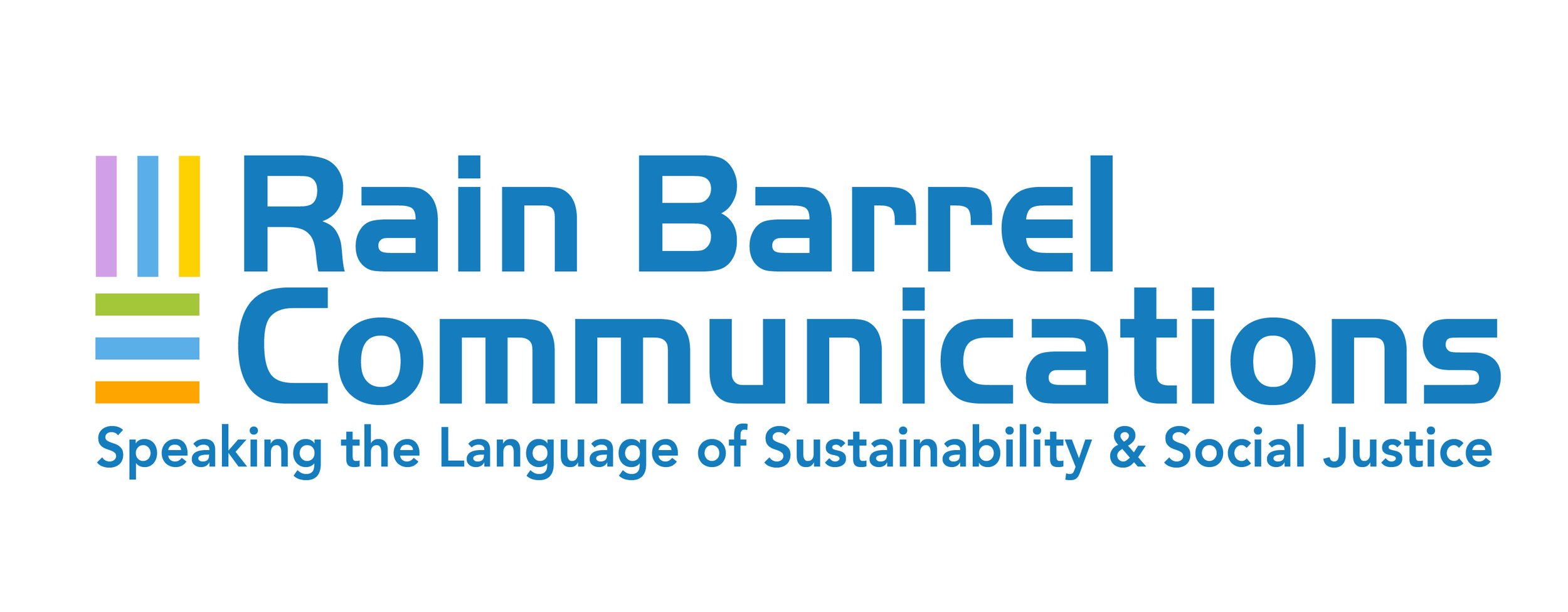Rain Barrel's Approach to Digital Advocacy for Ecuador’s Children
Guangaje, Ecuador: After the blessing of a water spring. A mother with a child returns home. Photo by Azzedine Rouichi on Unsplash
By Amanda Westfall
The COVID pandemic has put terrible strains on government budgets, forcing ministries to make tough decisions on spending priorities. Unfortunately, spending cuts have affected the most basic services for children, including crucial services like pre-primary and primary education, complementary feeding and routine vaccinations.
In Ecuador in 2020, the government struggled to provide basic social services for its 17+ million citizens in the face of the deadly wave of the pandemic. The country suffered one of the world’s highest rates of infections and deaths. After many months of strict lockdowns, the government spending on social services shrunk dramatically. As in-school classes were cancelled, so were the services offered at schools, like complementary feeding programs. By the fall of 2020, over 700,000 people had lost their jobs, with at least half a million additional people needing social assistance. The social situation became extremely polarized, political and complex, with thousands of people taking to the streets, demanding social services, and the government unable or unwilling to ensure basic safety nets and protective services for its citizens. In August of 2021, UNICEF estimated that due to the pandemic, six out of ten families were without early childhood services. This included pre-primary education, complementary feeding programs (which many families in poverty depend on to feed their kids) and child vaccinations. An estimated 14 percent of households with children five years and under did not get routine vaccinations during the pandemic.
In emergency situations, the most vulnerable are predictably those hardest hit – those living in extreme poverty and those who depend on social services to survive.
So, what did we do?
Rain Barrel Communications supported UNICEF Ecuador to co-create a campaign to advocate for the importance of ensuring government expenditures for basic services for children, especially during emergency situations. We implemented a two-phase approach using political advocacy and targeted digital communications to bring children to the center of the political agenda.
The campaign had two phases
1. #SinNiñeznoHayFuturo “Without children, there is no future”: The first few weeks of the campaign were designed to first sensitize the communication participants about UNICEF’s position on children during the pandemic, putting children at the heart of the campaign messaging.
2. #InvirtiendoEnLaNinez #GanamosTodos “Investing in Children, we all win”: The second phase of the campaign was created to focus specifically on investing in children. This phase launched about one month before the annual legislative budget voting took place, and messages were targeted to specific communication participants who could influence the debates in congress.
Key activities were implemented, and targeted messages were created for the following segmented groups of communication participants: Government Officials, Civil Society and NGOs, Families, and Media (see image below). The social media posts were targeted to each communication participant with a clear strategy, thereby building a more engaging, participatory digital campaign while targeting the right people who have decision-making powers:
Advocacy campaign activities segmented by different communication participant groups
Campaign results
The campaign had an impressive impact on raising the digital profile of UNICEF Ecuador and identifying key champions for children in Ecuador. Some campaign highlights include:
· In November 2021, the campaign reached over 6.8 million impressions on Facebook and Instagram, an outstanding reach for a Facebook account of 200,000 followers.
· On Twitter, the campaign reached over 2.6 million impressions, an outstanding reach for a Twitter account of about 26,000 followers.
· The landing page for the campaign - an article about the importance of government investment in children - reached nearly 40,000 views during the campaign.
· During the campaign, the key campaign post was in the number one position on Facebook when searching for “children” in “Ecuador” and number 2 on Instagram.
· During the campaign, UNICEF Ecuador posts were number 9 and 11 on Facebook when searching for “investment” in “Ecuador.”
· The campaign posts and hashtags were shared and used by hundreds of well-known profiles, including ministers, union presidents, ex-ministers, other government officials, activists, journalists, economists, influencers, academics and NGOs, helping UNICEF identify potential partners and champions for children’s rights.
· A survey that we developed for local NGOs helped us better understand the political constraints and perspectives these organizations face when trying to move the political agenda forward for children. We learned the weaknesses and strengths of each organization and identified which ones would be strategic in partnering with in future political advocacy and communication campaign efforts.
Here are some of the posts from the digital campaign:
Screenshots capturing online engagement with selected posts in February 2022
Targeted digital campaigns for social impact
Using targeted campaigns via digital tools and on-the-ground advocacy have the potential to make a powerful impact, sharing key messages with the intended communication participants, to fuel behavior change among key stakeholders and advance socially beneficial causes.
With only four months of implementation, it is not yet possible to assess the long-term impact of the campaign in Ecuador. As of February 2022, the government had yet to increase the budget for child protection and related services; however, the groundwork allows for the campaign to continue for the next budget period.
The analytics gained from targeted digital engagement has provided important insights and a learning path for future events and campaigns in Ecuador. Also a measure of success, UNICEF has been able to increase its followers and supporters on social media accounts and identify key influential champions for children in the country.
Are you interested in learning more or do you have a need for similar services? Contact us: amanda@rainbarrelcommunications.com



